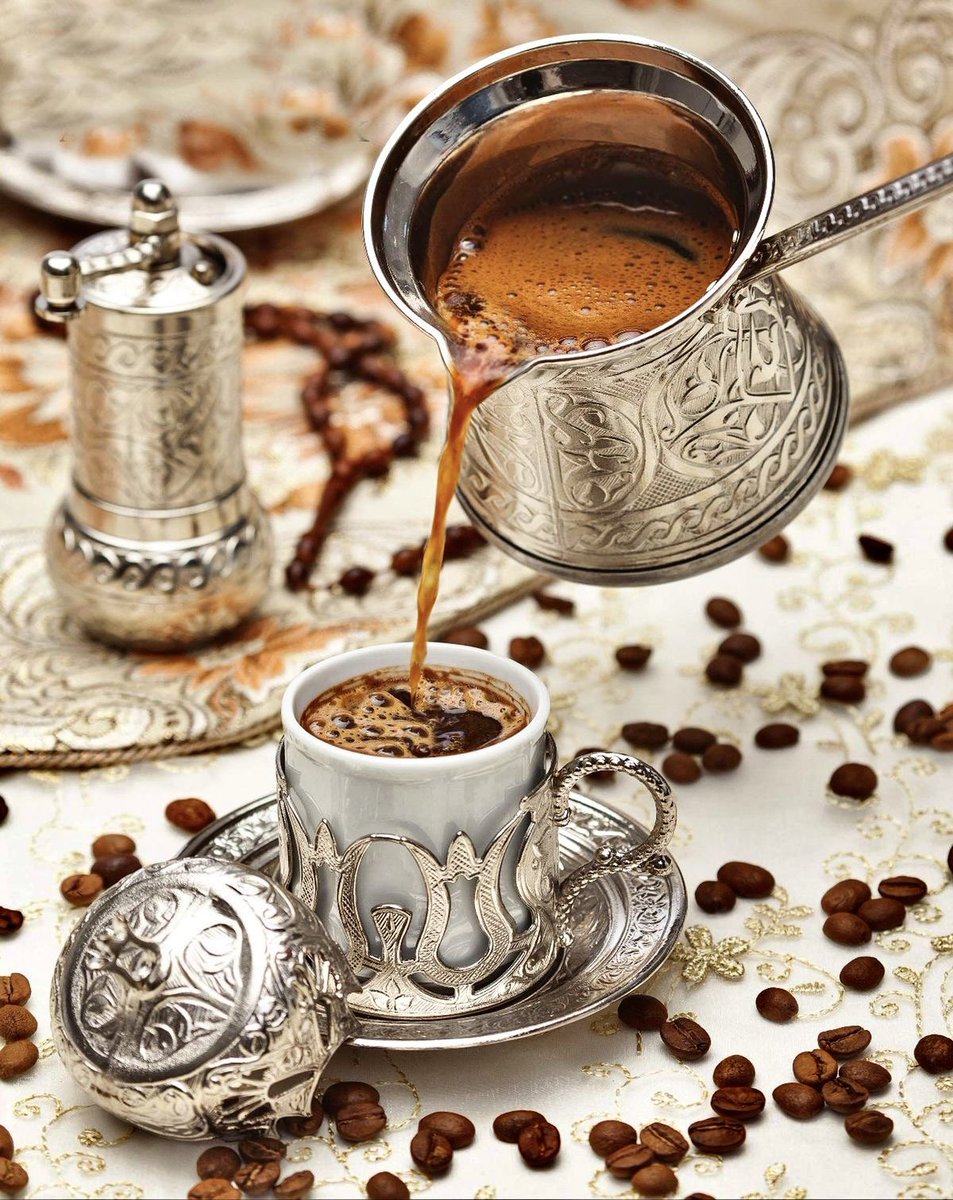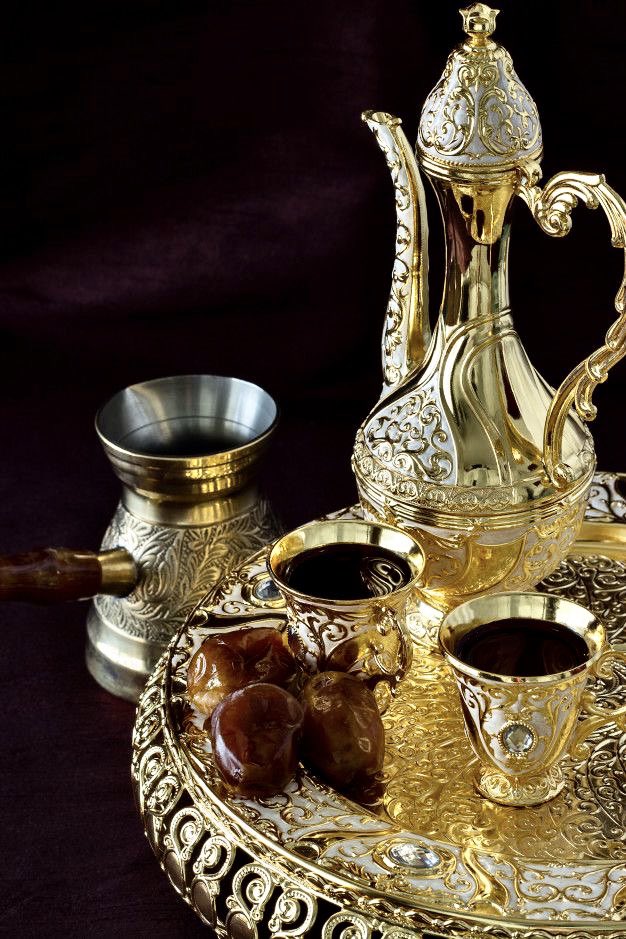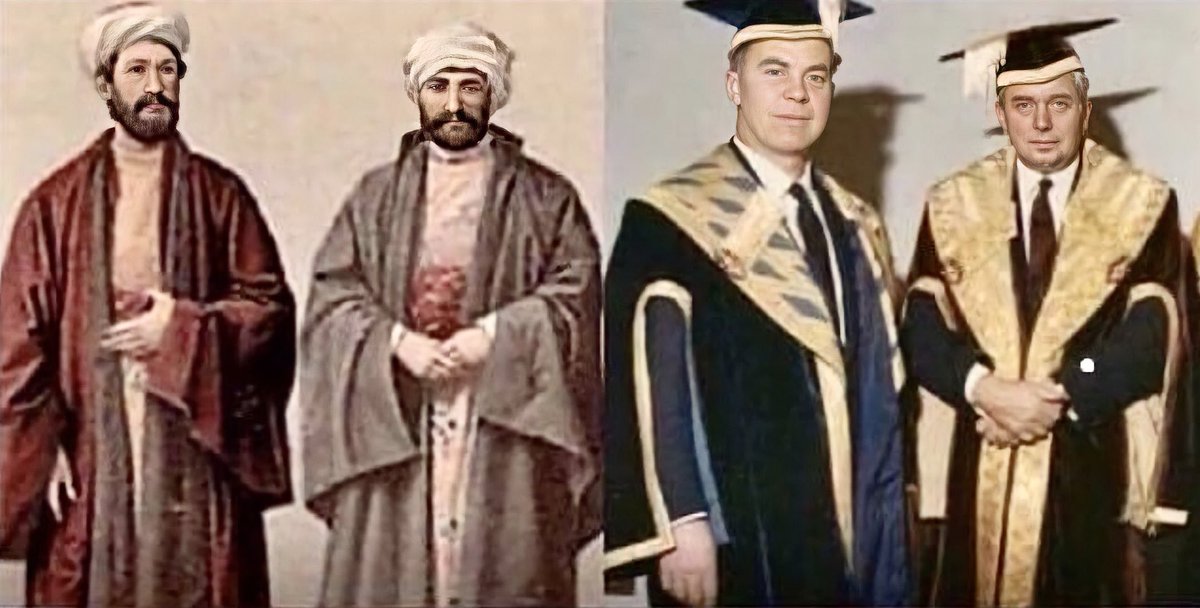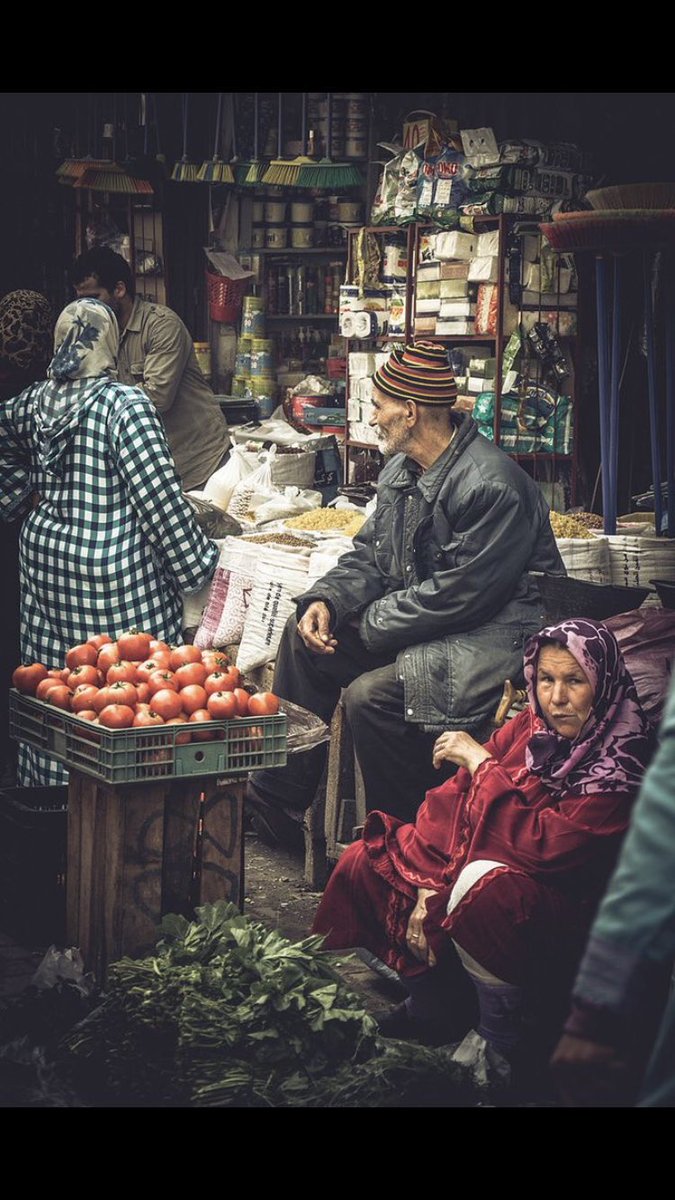
Born on 30 September 1207, Jalāl al-Dīn Muḥammad Rūmī — more popularly known simply as Rumi, was a 13th-century poet, Islamic scholar & Sufi mystic originally from Greater Khorasan. Today, his work is still celebrated by people across the world
A thread on Jalāl al-Dīn Rūmī…
A thread on Jalāl al-Dīn Rūmī…
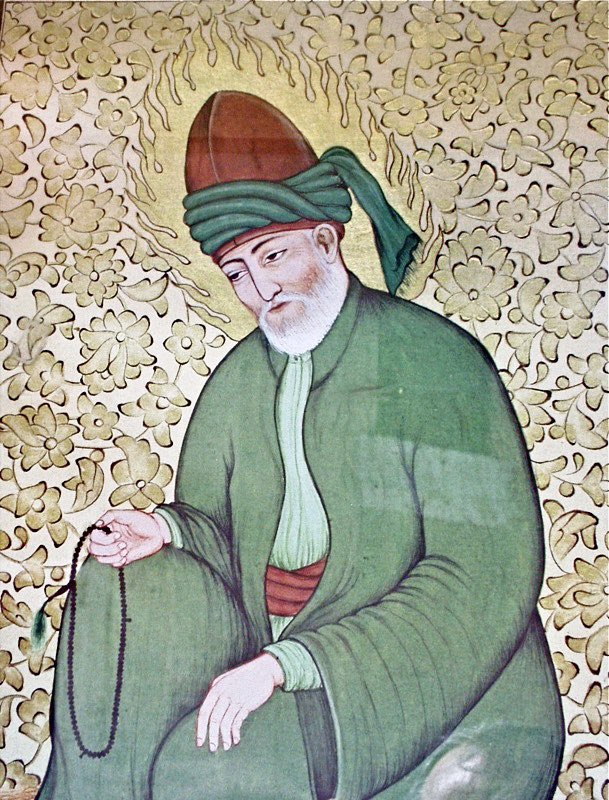
1/ There has been much discussion on whether the Western obsession with Rumi constitutes as a form of “cultural appropriation”
Beyonce named her child Rumi. Brad Pitt has a tattoo of Rumi poetry. Coldplay included Rumi in their concert. Oprah ran a Rumi program
Beyonce named her child Rumi. Brad Pitt has a tattoo of Rumi poetry. Coldplay included Rumi in their concert. Oprah ran a Rumi program

2/ Rumi has helped the spiritual journeys of other celebrities—Madonna, Tilda Swinton—some of whom similarly incorporated his work into theirs. Aphorisms attributed to Rumi circulate daily on social media, offering motivation 

4/ Rumi’s poetry is extraordinary, and transformative. His teachings are amazingly universal, with a rich spiritual offering for people of every background. This is wonderful & is celebrated. However we must acknowledge his faith as a Muslim is central to his work 

5/ Lots of the translations you may have seen on social media, come from ‘The Essential Rumi' probably the best selling poetry book in America, written by Coleman Barks who has made his career through Rumi 'translations.' 

6/ The issue with the mainstream circulation of the quotes attributed to Rumi is that they are often inaccurately translated from Persian and interpreted in a way which removes any trace of Rumi's Islamic faith, as well as any cultural references to the Muslim world 

7/ Discussing these New Age “translations,”, present a ‘spiritual colonialism’ at work: bypassing, erasing, & occupying a spiritual landscape that has been lived and breathed and internalized by Muslims
Rumi (detail from a 16th-century manuscript, Morgan Library & Museum)
Rumi (detail from a 16th-century manuscript, Morgan Library & Museum)

8/ This doesn’t mean, of course, that you have to be a Muslim, or a religious person of any sort, to study, appreciate, learn from, grow from, or be completely transformed by Rumi’s work. Rather, it is to acknowledge the historical & cultural context within which he lived 

9/ Rumi was born in the early thirteenth century, in what is now Afghanistan. He later settled in Konya, in present-day Turkey, with his family. His father was a preacher & religious scholar, and he introduced Rumi to Sufism
Mevlana Museum in Konya
Mevlana Museum in Konya

10/ Rumi’s father Muhammad Bahaeddin Walad was a notable Sufi and scholar in Balkh, which was under Khwarazmi rule, yet had to flee the country because of a political dispute with Alaaddin Muhammad, the sultan
Masjid-e-Sabz or Green Mosque, Balkh, Northern Afghanistan
Masjid-e-Sabz or Green Mosque, Balkh, Northern Afghanistan

11/ Rumi was 5 years old when his father took his family from Balkh to Baghdad & then to Hejaz for the Hajj pilgrimage. After some years in cities such as Damascus, Malatya, Erzincan & Larende, Walad settled in Konya on the invitation of Alaaddin Keykubat, the Seljuk sultan 

12/ Rumi continued his theological education in Syria, where he studied the more traditional legal codes of Sunni Islam & later returned to Konya as a seminary teacher. It was there he met an elder traveller, Shams-i-Tabriz, who became his mentor
Illustration of Shams-i Tabrīzī
Illustration of Shams-i Tabrīzī

13/ Today three countries claim him as their national poet: Iran, Turkey & Afghanistan. However none of these countries as they are today existed back then. Iran was bigger & called the Persian Empire & Turkey had not yet formed & Afghanistan was part of the Khorasan Province 

14/ Rumi has been called the greatest mystical poet of all time. During the last 25 years of his life, he composed over 70,000 verses of poetry collected in 2 volumes named, Divan-e Shams-e Tabrizi & Masnavi (Mathnawi)
A page of a copy circa 1503 of the Divan-i Shams-i Tabrizi
A page of a copy circa 1503 of the Divan-i Shams-i Tabrizi

15/ Rumi wrote about his masterpiece, the Mathnawī, as “the roots of the roots of the roots of ‘the Religion’ (of Islām) in regard to unveiling the secrets of obtaining connection (with God) and (spiritual) certainty (of the Truth)… it is the remedy for hearts…” 

16/ Rumi turned to poetry at the age of 37. The majority of his works were written in Persian but were able to cross across borders & appreciated by many different nationalities & ethnicities. He built a sizeable audience across Iran, Persia, Turkey, and Greece, for instance 

17/ This is the only known portrait of Mevlana. It is preserved at
the Istanbul Municipality Directorate of Libraries and Museums.
The words: "This is a noble likeness of His Holiness Sovereign Mevlana" are inscribed on the painting.
the Istanbul Municipality Directorate of Libraries and Museums.
The words: "This is a noble likeness of His Holiness Sovereign Mevlana" are inscribed on the painting.

18/ Professor @ostadjaan suggests that the real crisis is not that the modern consumers of Rumi have taken the Islam out of Rumi. There is a greater crisis in that in many Muslim communities, it is Rumi & the entire path that produced Rumi which has been taken out of Islam 

19/ Read @ostadjaan talk about the double travesty involving Rumi: taking the Islamic context out of Rumi, and taking all that Rumi presents out of contemporary Islam
baytalfann.com/post/rumi-with…
baytalfann.com/post/rumi-with…
20/ Muhammad Ali Mojaradi from @PersianPoetics is doing amazing work accurately translating Persian poetry into English including the works of Rumi. He also started the the viral #rumiwasmuslim campaign - you can discover more @rumiwasmuslim
And we highly recommend his courses👇🏽
And we highly recommend his courses👇🏽
https://twitter.com/persianpoetics/status/1569727060293165060
21/ “I am the servant of the Qur'an as long as I have life. I am the dust on the path of Muhammad (PBUH), the Chosen one. If anyone quotes anything except this from my sayings, I am quit of him and outraged by these words.”
Rumi's Quatrain, No. 1173
Rumi's Quatrain, No. 1173

If you want to learn more we recommend you check out @ostadjaan Illuminated online courses on Rumi and relevant other topics:
illuminatedcourses.com
illuminatedcourses.com
• • •
Missing some Tweet in this thread? You can try to
force a refresh



